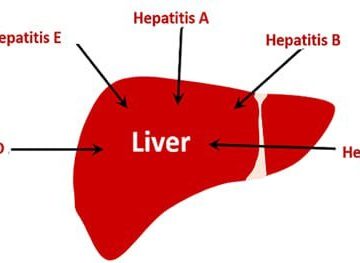A plant-based diet is one of the most effective dietary approaches for promoting overall health and particularly heart health. This diet focuses on consuming plant-based foods such as fruits, vegetables, whole grains, nuts, and seeds while reducing or avoiding animal products. Numerous recent studies have demonstrated the multiple health benefits of a plant-based diet, especially in relation to heart health.
Improving Cholesterol Levels
Research indicates that following a plant-based diet can lead to improved cholesterol levels. This diet reduces the intake of saturated fats and low-density lipoprotein (LDL) cholesterol, which are commonly found in meat and animal products, thereby lowering harmful cholesterol levels and increasing high-density lipoprotein (HDL) cholesterol levels. This healthy cholesterol balance supports vascular health and reduces the risk of heart disease.
Lowering Blood Pressure
A study published in 2020 in the Journal of Hypertension found that individuals who follow a plant-based diet have lower blood pressure levels compared to those who consume meat-based diets. This effect is believed to be due to the higher intake of dietary fiber and plant-based compounds rich in antioxidants, which help improve blood vessel function and reduce blood pressure.
Reducing Inflammation
A plant-based diet is rich in antioxidants, vitamins, and minerals that help reduce inflammation in the body. Chronic inflammation is a significant risk factor for heart disease. Therefore, a diet rich in fruits and vegetables can contribute to reducing inflammation and enhancing overall heart health.
Weight Management
A plant-based diet supports maintaining a healthy weight or losing excess weight, which is an important factor in preventing heart disease. This diet is low in calories and high in fiber, promoting satiety and better appetite control. Research published in Nutrition Reviews shows that vegetarians tend to have a lower body mass index (BMI) compared to non-vegetarians, which is associated with better heart health.
Improving Cardiovascular Health
A study published in Progress in Cardiovascular Diseases in 2021 demonstrated that a plant-based diet could reduce the risk of coronary heart disease by up to 40%. This positive effect is attributed to improved blood lipid levels, reduced blood pressure, decreased inflammation, and enhanced vascular health.
Conclusion
Overall, a plant-based diet is an effective approach for improving heart health and preventing related diseases. Despite its numerous benefits, individuals interested in transitioning to a plant-based diet should ensure they obtain essential nutrients such as proteins, iron, and vitamin B12 from alternative sources or supplements. Consulting with a nutrition specialist is recommended to receive guidance on adopting a balanced plant-based diet.
References
- Huang, R. Y., Huang, C. C., Hu, F. B., & Chavarro, J. E. (2020). “Vegetarian diets and weight reduction: a meta-analysis of randomized controlled trials.” Journal of General Internal Medicine, 35(2), 558-567.
- Yokoyama, Y., Nishimura, K., Barnard, N. D., et al. (2020). “Vegetarian diets and blood pressure: a meta-analysis.” Journal of Hypertension, 38(1), 44-51.
- Ostfeld, R. J. (2021). “Definition of a plant-based diet and overview of this special issue.” Progress in Cardiovascular Diseases, 64, 1-2.
- Dinu, M., Abbate, R., Gensini, G. F., Casini, A., & Sofi, F. (2017). “Vegetarian, vegan diets and multiple health outcomes: a systematic review with meta-analysis of observational studies.” Critical Reviews in Food Science and Nutrition, 57(17), 3640-3649.
Asst. Prof. Dr. Noor Raouf Al-Hasani
Electronic Health Unit Manager
August 9, 2024








